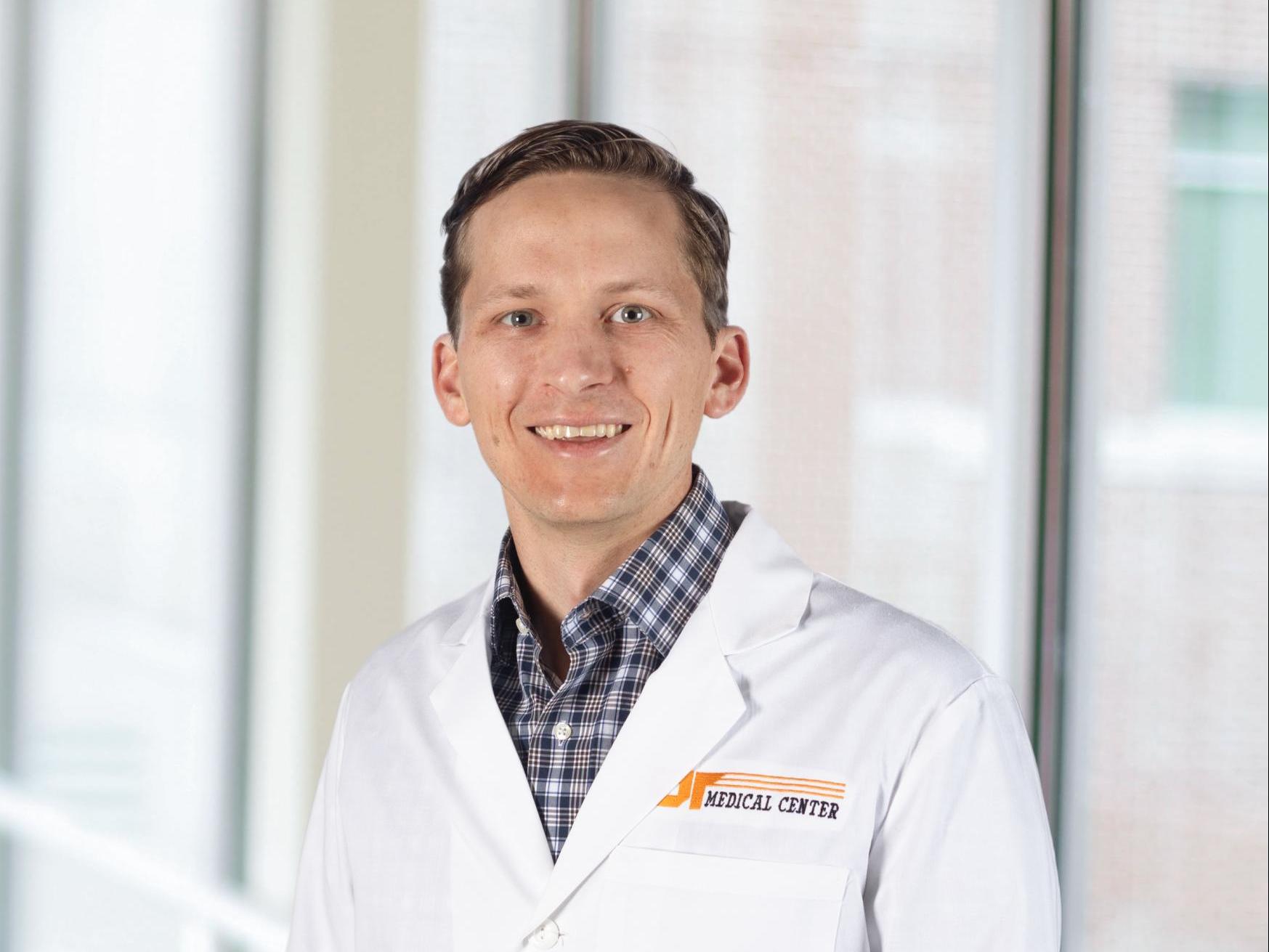What is a Colonoscopy?
A colonoscopy is an exam that allows a doctor to closely evaluate the inside of the entire colon, checking for polyps or signs of cancer. The exam itself takes about 30 minutes. The procedure involves a flexible tube with a camera on the end which is inserted into the rectum so the entire colon and rectum are examined. If polyps are found, they can be removed with tools attached to the flexible tube.
Who needs a colonoscopy?
Many people find having a colonoscopy a bit embarrassing, but having a colonoscopy could save your life. Just remember that people don’t die of embarrassment, but they could from colorectal cancer.
If you have symptoms, get screened. If you have a family history, get screened. If you don’t have symptoms or a family history and you’re 50 or over, get screened. If the colonoscopy is normal (and no high risk individual/family risk factors exist) it should be repeated once every 10 years, though if polyps are found, colonoscopy needs to be repeated in 3-5 years after the initial colonoscopy depending on the size and type of polyps.
How do you know if you need a colonoscopy?
- Are over age 50 without symptoms
- Are over age 40 with a family history of colon cancer
- Have a change in bowel habits
- Have rectal bleeding
- Have abdominal pain
Your physician may recommend a colonoscopy exam if you have a change in bowel habits or bleeding, indicating a possible problem in the colon or rectum. A colonoscopy is also necessary to:
- Check unexplained abdominal symptoms
- Check inflammatory bowel disease (colitis)
- Verify findings of polyps or tumors located with a barium enema exam
- Examine patients who test positive for blood in the stool
- Monitor patients with a past history of colon polyps or cancer
How Is Colonoscopy Performed?
The bowel must first be thoroughly cleared of all residue before a colonoscopy. This is done one to two days before the exam as prescribed by your physician.
The colonoscope is inserted and when possible will be advanced to the portion of the colon where the small intestine enters. During a complete examination of the bowel, your physician will remove polyps or take biopsies as necessary.
The entire procedure usually takes less than an hour. There is little pain; however, mild sedation is given when necessary to relieve anxiety and discomfort. Following the colonoscopy, there may be slight discomfort, which quickly improves with the expelling of gas. Most patients can resume their regular diet later that day.
What Are The Benefits Of Colonoscopy?
With colonoscopy, it is now possible to detect and remove most polyps without abdominal surgery. Colonoscopy is more accurate than a x-ray exam of the colon to detect polyps or early cancer. Frequently, polyps can be removed at the same time, a major step towards the prevention of colon cancer.
Who Performs Colonoscopies?
Colon and rectal surgeons are experts in the surgical and non-surgical treatment of colon and rectal problems. They have completed advanced training in the treatment of colon and rectal problems in addition to full training in general surgery. Colon and rectal surgeons treat benign and malignant conditions, perform routine screening examinations and surgically treat problems when necessary.
